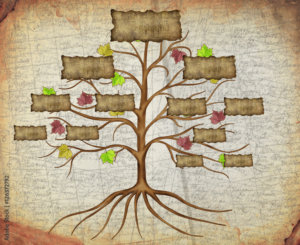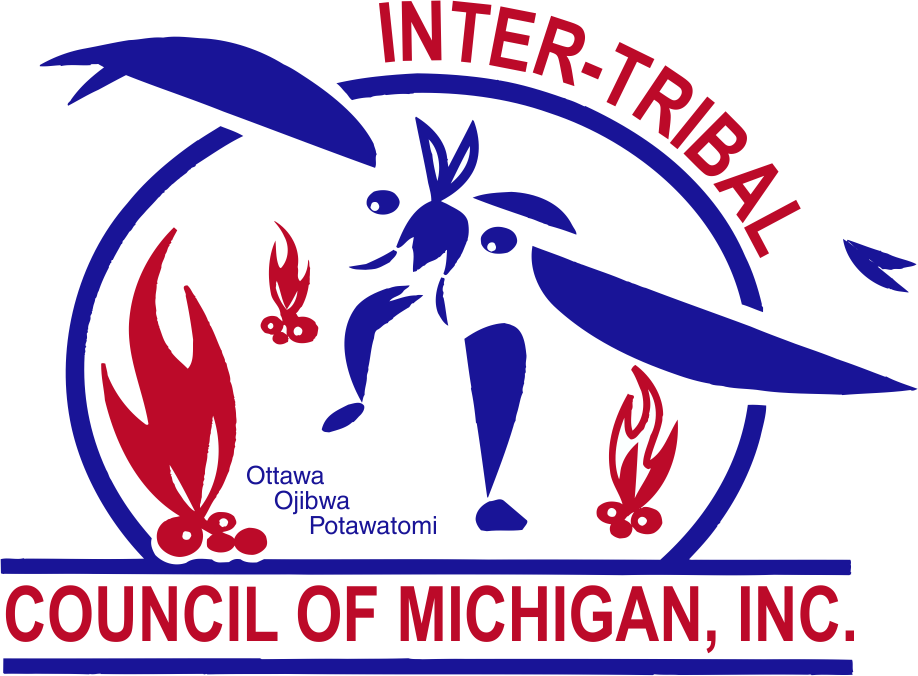Substance Use Disorders Programs & Resources FFPSA Childhood is Sacred...
Read MoreCategory: Maternal & Childhood Resource

Programs & Resources
Fetal Alcohol Spectrum Disorders
Substance Use Disorders Programs & Resources FFPSA Childhood is Sacred...
Read More
Resources
Powered By EmbedPress
Powered By EmbedPress
Powered By EmbedPress
Powered By EmbedPress
Powered By EmbedPress

Programs & Resources
No posts found!
About Healthy Start
Healthy Start is a national infant mortality prevention initiative funded by the U.S. Department of Health and Human Services, Health Resources and Services Administration, Maternal and Child Health Bureau. Our project is one of about 100 federally-funded projects around the country, and includes 10 sites: Bay Mills Indian Community, Grand Traverse Band of Ottawa and Chippewa Indians, Hannahville Indian Community, Keweenaw Bay Indian Community, Little Traverse Bay Bands, Nottawaseppi Huron Band of Potawatomi, Pokagon Band of Potawatomi Indians, Saginaw Chippewa Tribe, Sault Tribe of Chippewa Indians,and American Indian Health & Family Services of Southeast Michigan. Healthy Start focuses on access to and use of health services for women and their families, strengthening local health systems and increasing consumer input into these systems of local care. Each year, we provide personalized, supportive case management to between 600 and 700 people, and community outreach and education services to over 4,000 people in 14 counties in Michigan.
Core Strategies: Healthy Start features evidence-based practices and innovative, culturally informed community-driven interventions. Beginning with direct outreach by community health workers to pregnant and postpartum women, we ensure that mothers and infants have ongoing sources of primary and preventive health care and that their basic needs (housing, psychosocial, nutritional and educational support) are met. Following risk assessments and screening for perinatal depression, case managers provide linkages with appropriate services and education. Most services are delivered through home visiting. Mothers and infants are followed from entry into prenatal care through 2 years after delivery. The project has strong collaborative linkages with State programs including Title V MCH Block Grant, Medicaid, State Child Health Insurance Program, and with local agencies and services.
Success: Since the introduction of Healthy Start in 1997, we have seen a steady downward trend in American Indian infant mortality within the project area, with the disparity gap narrowing between White and American Indian infants. Other trends include a marked increase in first trimester prenatal care, lower prematurity rates, an increase in those securing a medical home, increased screening for pregnancy and postpartum health risks, and increased use of culturally competent elements in policies, guidelines and trainings.

Community Food Resource Assessment
Nutrition-related chronic disease (diabetes, cancer, and heart disease) impacts many and can be prevented through living a healthy lifestyle including physical activity and proper nutrition. In an ever-changing world with a complicated food supply, nutritional knowledge is more important than ever to support healthy behavior change. The ITCM has initiated this compendium of culturally appropriate materials to increase both the knowledge and the consumption of healthy traditional foods to prevent disease and to achieve improved health.
Powered By EmbedPress

Depression Among American Indian and Alaska Native Women in Michigan
Powered By EmbedPress

Toolkits
Powered By EmbedPress
Digital Stories
Resources
Breastfeeding For Moms:
Le Leche League International Breastfeeding Help: Get breastfeeding help, learn about breastfeeding and the law, find resources for health care providers or Leader resources…
LLLI Breastfeeding Help
KellyMom: Evidence-based resources for pregnancy, breastfeeding, and beyond.
Kelly Mom Parenting and Breastfeeding
For Providers:
Baby-Friendly USA: The Ten Steps to Successful Breastfeeding were developed by a team of global experts and consist of evidence-based practices that have been shown to increase breastfeeding initiation and duration. Baby-Friendly hospitals and birthing facilities must adhere to the Ten Steps to receive, and retain, a Baby-Friendly designation.
The Ten Steps to Successful Breastfeeding
Centers for Disease Control and Prevention: The CDC Guide to Strategies to Support Breastfeeding Mothers and Babies provides guidance for public health professionals and others on how to select strategies to support breastfeeding mothers and increase breastfeeding rates. It offers the most relevant information on each type of strategy.
http://www.cdc.gov/breastfeeding/pdf/BF-Guide-508.PDF
American Academy of Pediatrics: The AAP Policy on Breastfeeding and Use of Human Milk details the benefits of breastfeeding, its true contraindications and those that are not, the challenge of breastfeeding in the US, recommendations for breastfeeding for healthy infants, recommendations for high risk infants, and the role of pediatricians in protecting, promoting, and supporting breastfeeding.
http://www2.aap.org/breastfeeding/policyOnBreastfeedingAndUseOfHumanMilk.html
Michigan Women, Infants, and Children: The health and nutrition program for healthy mothers and babies.
http://michigan.gov/mdch/0,1607,7-132-2942_4910—,00.html
Childhood is Sacred
The Cancer Prevention and Control programs address cancer disparities in tribal communities by providing technical support for primary prevention, early detection, and survivor needs .
Programs

American Indian Cancer Linkage Registry
Information to support tribal communities, health centers and Governments.

Three Fires Comprehensive Cancer Control Program

Brave Breast Cancer Survivor Resources

Tribal Colon Cancer Project
Quick Access to Resources

Digital Stories – Cancer Prevention
What are digital stories? The Inter-Tribal Council of Michigan (ITC), Anishnaabek Healing Circle…

Digital Stories – Cancer Prevention
What are digital stories? The Inter-Tribal Council of Michigan (ITC), Anishnaabek Healing Circle…

Presentation and Webinar Recordings
The ITCM’s past REACH US project was a national, multilevel program that served as…

Tool Kits and Info Graphics – Cancer Prevention
What are digital stories? The Inter-Tribal Council of Michigan (ITC), Anishnaabek Healing Circle…

Welcome to our Infant Safe Sleep Resource site. We have a number of resources to help parents, providers, and tribal home visitors to follow safe sleep guidelines. This website is intended to be a resource guide for our tribal community to honor our newborn babies and prevent sudden unexpected infant deaths. Explore the links above to learn more about what you can do to be sure every baby reaches their first birthday.
The Inter-Tribal Council of Michigan would further like to respectfully acknowledge valuable contributions, collaboration, and support of our many partners in the development of these resources, including our fellow Indigenous wisdom-keepers, graphic artists, media specialists, Federally Recognized Tribes, partner agencies, and grant funders you see throughout this page.
Explore the resources below to learn more about what you can do to be sure every baby reaches their first birthday.
Resources
Parent Resources
Infant Safe Sleep PARENTING RESOURCES Ending Tobacco Use Ending commercial tobacco use in the home...
Read MoreThe Power of your Newborn Online Course
The Power of Your Newborn Online Course INFANT SAFE SLEEP The Power of Your Newborn...
Read MoreDigital Stories
Infant Safe Sleep
Additional Resources
We would like to acknowledge the work and dedication of the Michigan Public Health Institute in continuing to support our work around Infant Safe Sleep for their work in mining data, analyzing and synthesizing the data into this valuable brief.
2024 Annual Report
2023 Annual Report











